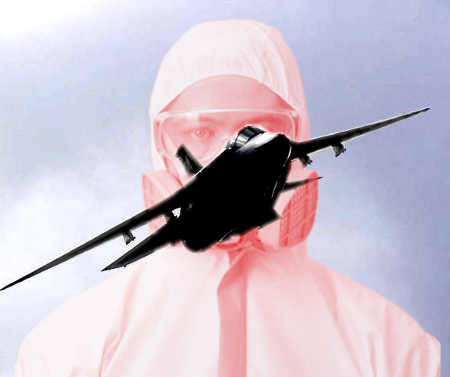Amberley cancer claim questioned
 The Department of Veterans Affairs (DVA) has denied an alleged cancer link from exposure to toxic chemicals in an F-111 jet fighter program.
The Department of Veterans Affairs (DVA) has denied an alleged cancer link from exposure to toxic chemicals in an F-111 jet fighter program.
The Australian Institute of Health and Welfare (AIHW) recently released a report finding “statistically significantly higher” cancer rates for workers on the de-seal/re-seal program at the RAAF Amberley base, near Brisbane.
Australia bought its F-111 fleet in 1973, and between 1977 and 1999 a leaky fuel tank issue meant hundreds of workers had to be sent inside the tanks of the fighter jets equipment to fix the leaks, typically without protective equipment.
The study found a 23 to 30 per cent increase in the rate of cancer among 1,655 workers exposed to the toxic chemicals, compared other RAAF workers who were not exposed.
Workers want better compensation arrangements for victims.
The DVA has been automatically accepting liability for claims from such workers for 31 prescribed illnesses, including cancer, allowing them to access compensation and healthcare arrangements.
A departmental spokesperson told reporters that the department still does not accept any link between cancer rates and exposure has been proven, but that DVA’s compensation and healthcare arrangements are “appropriate”.
“There are still many uncertainties in the study — especially as no-one knows the total number of people involved in the DSRS [de-seal/re-seal] programs — or what the exact levels of their exposures were,” the department said.
“There's also no information on lifestyle factors such as smoking, sun exposure and alcohol consumption that can all affect cancer rates.”
The AIHW has since acknowledged these limitations, and that it would be hard to quantify their impact.







 Print
Print